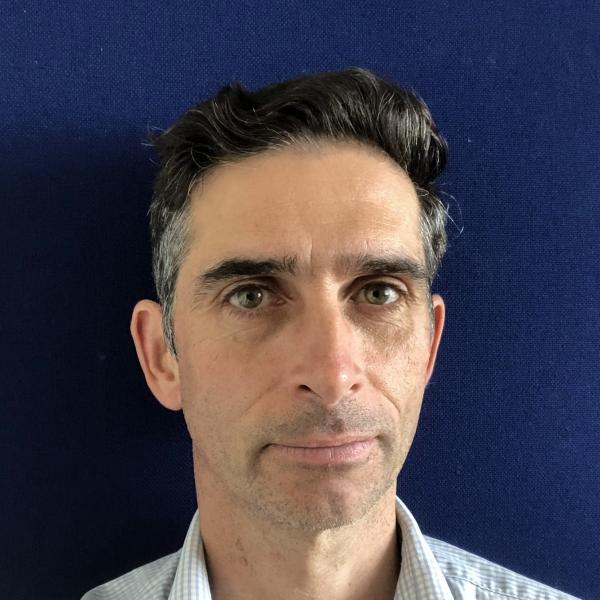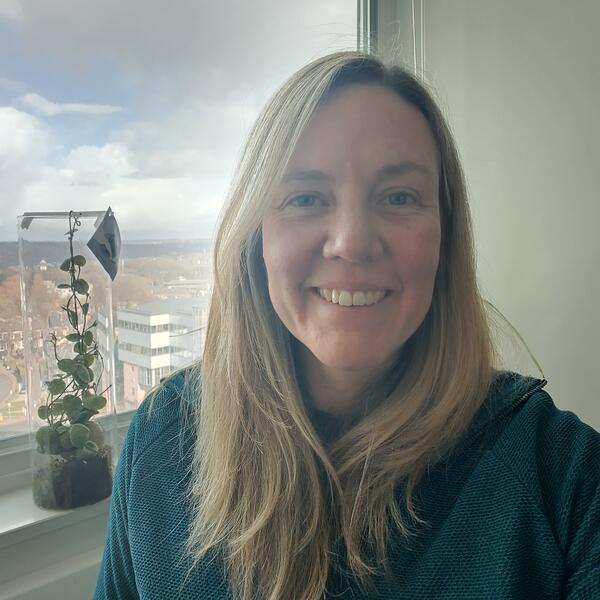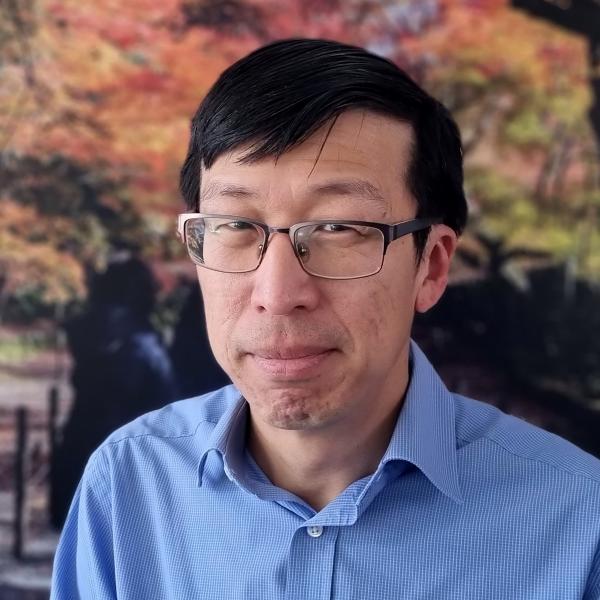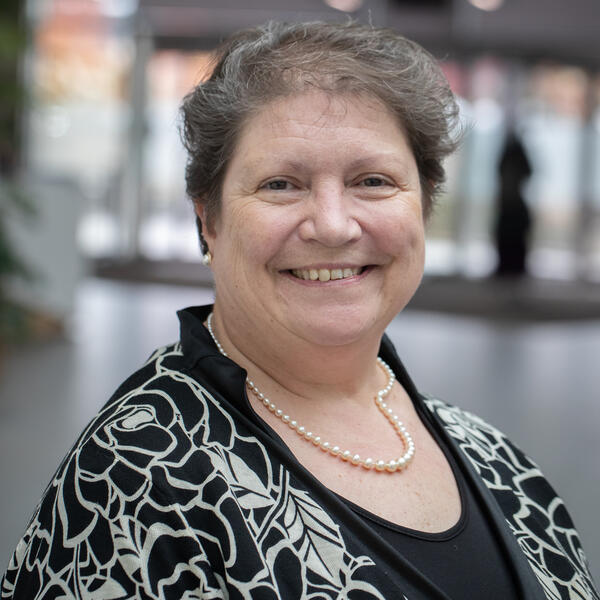Diploma in Tropical Medicine and Hygiene Preparatory Course
The School of Medicine and Population Health, The Faculty of Health.
Lead Academic: Dr Paul Collini.

Course description
The course aims to equip medically qualified clinicians to work in tropical countries and to better understand tropical infections presenting in the UK. Students will gain essential skills and competence in clinical tropical medicine, the epidemiology of tropical diseases and their control, diagnostic laboratory skills in low technology settings, and travel hygiene.
The course is designed for medical doctors in full-time work. We use a mix of online webinars, and face-to-face and self-directed learning to ensure the syllabus is covered with flexibility.
Webinar-based and face-to-face teaching
The core of the course involves seminars from 6pm - 8.30pm every Tuesday evening between late August and early April - for the Public Health module, seminars will be on four Saturday mornings between October and March. The teaching seminars will be delivered as interactive webinars using the University of Sheffield Blackboard Collaborate system. These webinars will also be recorded and available for review from 24 hours following the teaching.
During the course, three face-to-face teach-in days will take place in Sheffield. These will be used to deliver practical teaching and training and be an opportunity for the class to get to know each other. The first, focused on Malaria will be near the beginning of the course on a Friday in early September, followed by a course dinner in the evening. The second and third will be two consecutive days of teaching on a Thursday and Friday in January for half the class, with the same sessions repeated on the subsequent Thursday and Friday for the other half of the class.
During the teaching days, you will receive practical training in the use of basic microscopy to diagnose tropical infection, in line with DTM&H exam requirements. This will teach you to prepare and read stool, urine, CSF and sputum slides, and perform diagnostic parasitology and etymology, including making and reading blood films for malaria.
Additional training
UK-based course attendees will also be able to join our clinical staff and observe at least one of the STH Travel clinics on Wednesday afternoons at the Royal Hallamshire Hospital in Sheffield.
We work closely with the University of Glasgow DTM&H preparatory course and MSF’s Global Health and Humanitarian Medicine course. Together we run fortnightly web-based interactive tropical medicine tutorials from October through to April. We also schedule extra, ad-hoc online seminars by researchers in the tropics, talking about their work.
Self-directed learning
A substantial number of hours of private learning will be required – you should timetable for at least as many hours as spent with webinars and face-to-face teaching. Each lecturer prepares reading material and exercises and makes their presentations available in advance of their taught seminar. Some material is designed to be covered in advance of the seminars, which will then be interactive and involve discussion based on this material. All these materials can be accessed via an online course folder, with individual folders for each seminar, as well as the timetable and syllabus.
The Faculty of Health
Our lecturers are senior academics and physicians from the disciplines of infectious diseases, microbiology, virology, child health, obstetrics and gynaecology and public health across Sheffield and South Yorkshire. Some teaching is delivered by invited external speakers from fields ranging from tropical ophthalmology to water and sanitation and non-communicable diseases.
All faculty members will make email addresses available and are more than happy to discuss your learning with you.
Exams and assessment
The exam will take place on 27 May 2026. This exam is sat and invigilated as an online exam. The syllabus, fee, and administration (including registration) is run by the Worshipful Society of Apothecaries. The syllabus breaks down as 60% Clinical Tropical Medicine, 25% Public Health and 15% Non-communicable diseases. Maternal and Child Health are included within these.
Learn more about the syllabus and exams
In 2026 the exam fee is £570. This fee is additional to the Sheffield DTM&H preparatory course fee and is payable directly to the WSA at the time of exam application which closes on 10 March 2026.
Exam format
| Best-of-five’ multiple choice paper with 100 questions (3 hrs.) |
|
| Parasitology/entomology short notes (1.5 hrs.) |
|
| Preventative Medicine & International Public Health SEQ paper 5 questions (1 hr.) |
|
Entry requirements
- Primary medical degree.
Course fees
The 2025/26 course fee will be £1,670, payable using the University's online registration system.
This includes all course teaching, learning materials, access to the course document folder, seminar recordings, and refreshments during face-to-face teaching and course dinners. It does not include the WSA exam fees.
Payment is taken at registration for the course. There is a ‘cooling-off period’ until the end of September when you can choose to withdraw from the course and receive a 90% refund.
Since 2021, the course has been open to doctors working in South Africa through an arrangement with Dr Jeremy Nel at the University of the Witwatersrand and the National Institute for Communicable Diseases' Tropical Parasitology training course in Johannesburg. If you are a South Africa-based applicant, contact the course administrator for details (sheffielddtmandh@sheffield.ac.uk).
The Sheffield course is currently only open to applicants based in the UK or South Africa. Glasgow's DTM&H and MSF's Global Health and Humanitarian Medicine course do have options for applicants from other countries.
Attendance
An attendance register is taken at every session.
This course is designed for busy doctors in full-time jobs with on-call rotas and recognises that it is difficult to achieve full attendance. However, it will be challenging to pass the exams without attending the majority of sessions and undertaking substantial private learning.
There is a requirement that at least 12 hours of microscopy training is completed for you to be eligible to sit the WSA DTM&H exam. A letter from the course stating evidence of attending the course, specifically evidence that the microscopy training has been completed will be provided for you.
Feedback
It is important to us that this course delivers for all classes. We invite all classes to complete anonymous, web-based feedback forms following each teaching session. These are reviewed in real time by the course organisers so that we can respond quickly to any problems.
Course committee
Director
Deputy Director
Committee members
External committe members
Professor Stephen Green, Consultant Physician in Infectious Diseases - Altnagelvin Hospital, Derry/Londonderry, Western Trust, Northern Ireland
Dr Jeremy Nel, Infectious Diseases Specialist, Helen Joseph Hospital & Wits University, Johannesburg, ZA
Course administrator
TBC
Contact us
For further information about the course, contact sheffielddtmandh@sheffield.ac.uk

Masters study discovery afternoon
See where a Sheffield masters could take you with our on-campus event. Get expert advice, take a campus tour and chat to current students.











